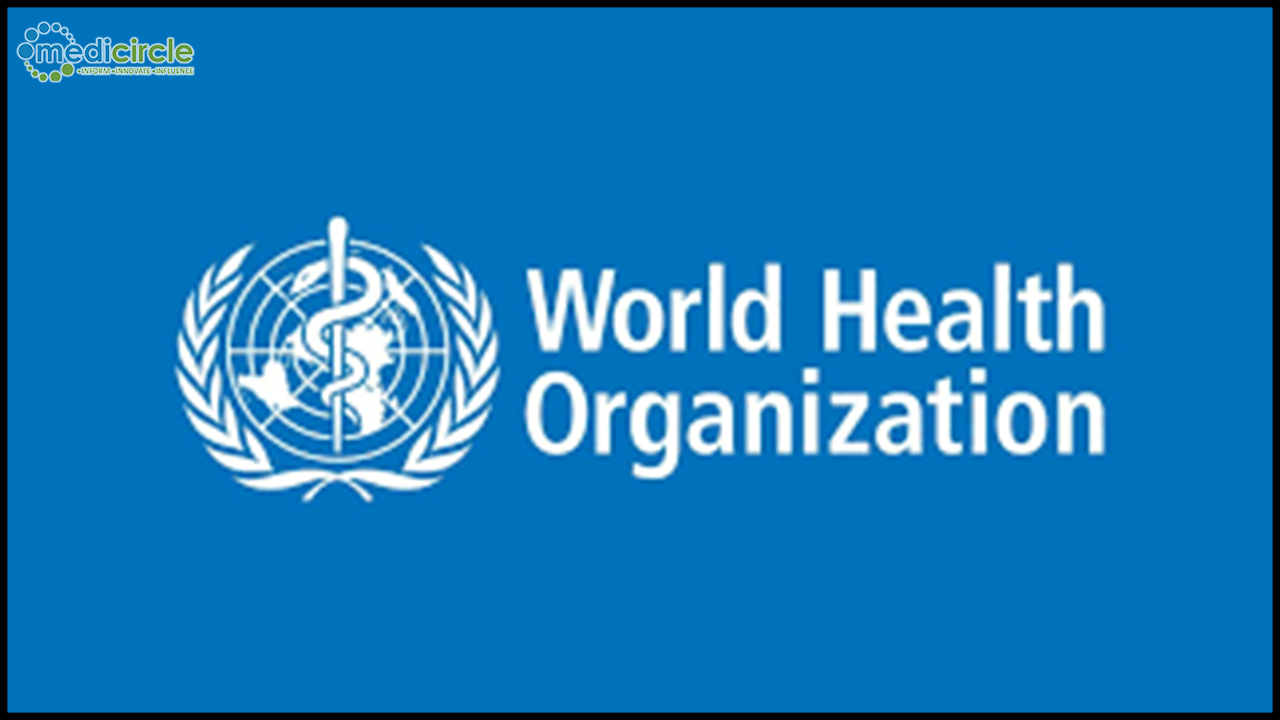WHO/Europe is offered help to Georgia in surveying its restoration or rehabilitation administrations. Concentrating on how and to what degree restoration is incorporated inside the wellbeing framework, the evaluation is occurring more than 3 weeks from 10–28 February 2020 and gives important information on which to construct a national recovery vital arrangement to improve the administrations.
Restoration administrations permit individuals with restrictions in working to have the option to move around, impart, and take care of themselves freely. This thusly assists with limiting negative social and financial effects on wellbeing, and improves by and large personal satisfaction while guaranteeing nobody is deserted.
The initial move towards a national vital arrangement
The evaluation – drove by the Ministry of Internally Displaced Persons from the Occupied Territories, Labor, Health and Social Affairs, with the help of WHO/Europe – incorporates interviews, center gatherings, site visits and gatherings with more than 100 partners in the nation. Because of WHO's Rehabilitation in wellbeing frameworks: manage for activity, the evaluation is the initial phase in the improvement of a complete arrangement in a procedure which incorporates 4 stages:
-circumstance appraisal
-key arranging
-advancement of observing, assessment and audit forms
-execution of the vital arrangement.
Dr. Tamar Gabunia, Georgia's First Deputy Minister who participated in the evaluation stage, remarked that "entrance to restoration administrations is critical for populace wellbeing. WHO backing to fortify restoration benefits in the nation is very opportune and significant".
Locale wide concern
In the WHO European Region, the populace is maturing and the quantity of individuals living with noncommunicable illnesses and the results of wounds is expanding. Current segment and wellbeing shifts are adding to a quick increment in the number of individuals encountering handicap or a decrease in working for considerably bigger times of their lives.
WHO/Europe has started a 4-year program (2018–2022) to reinforce access to restoration administrations and access to assistive items in the Region and has recognized eastern Europe, focal Asia, and the Caucasus as a geo-political need – locales which incorporate Georgia. The program is upheld by the United States Agency for International Development (USAID).

 WHO helps Georgia to better their rehabs for its citizens. This will help a lot of children and promises a better future.
WHO helps Georgia to better their rehabs for its citizens. This will help a lot of children and promises a better future.









.jpeg)


.jpg)





.jpeg)

.jpg)





.png)


